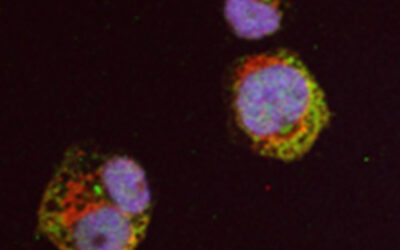Welcome to the
Karantanos Lab
About Us
The focus of the Karantanos lab is the elucidation of the role of inflammatory signaling in the progression of high-risk myeloid neoplasms and the development of novel targeted therapies to improve the outcomes of patients with these diseases. Specifically, we investigate the regulation and functional implication of JAK2/STAT1 signaling in TP53-mutated myeloid neoplasms by incorporating single cell analysis, CRISPR-Cas9 screens, and signal transduction studies. We also develop antibody-based therapies that target inflammatory mediators in TP53-mutated myelodysplastic syndrome/acute myeloid leukemia (MDS/AML) utilizing xenografts and transgenic mouse models. Finally, we study the effect of RAS inhibition in high-risk MDS and chronic myelomonocytic leukemia.
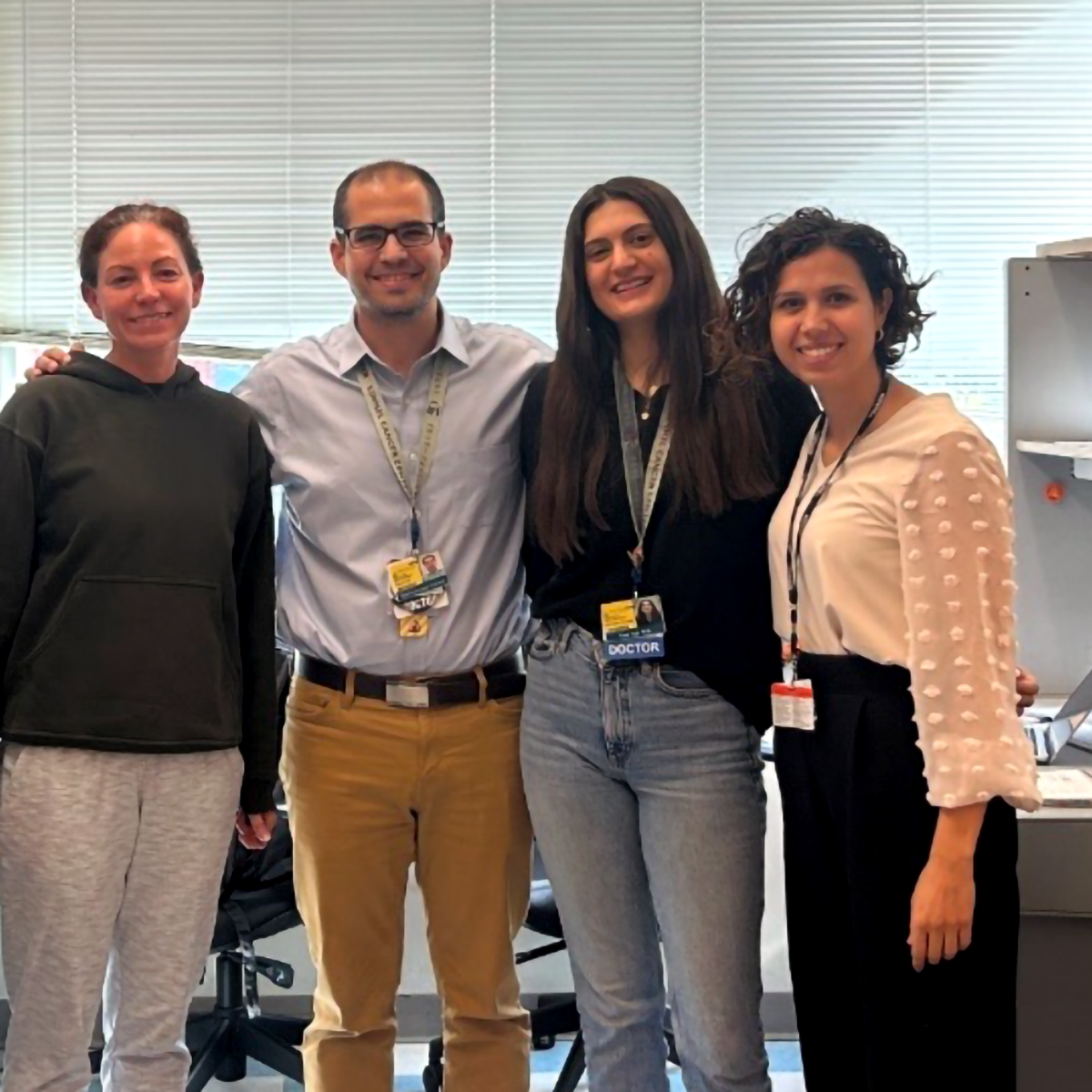
Our Research
Our studies focus on understanding the mechanisms associated with the upregulation of inflammatory signaling in TP53-mutated MDS/AML and its functional implication in disease progression. Particularly, we are interested in the dissection of regulation of IFN-γ signaling and the implication of STAT1 in TP53-mutated leukemogenesis and treatment resistance. We also develop antibody-drug conjugates and bi-specific antibodies targeting chemokine receptors and study the efficacy of combinational therapeutic approaches for TP53-mutated MDS/AML. We finally, investigate the activity of RAS inhibitors in RAS mutated chronic myeloid neoplasms and secondary acute myeloid leukemia arising from them.
Our work incorporates signal transduction studies, CRISPR-Cas9 gene editing via viral transduction and electroporation, CRISPR-Cas9 screens, single cell transcriptomic analysis, cell line and patient-derived xenograft models and transgenic mice.
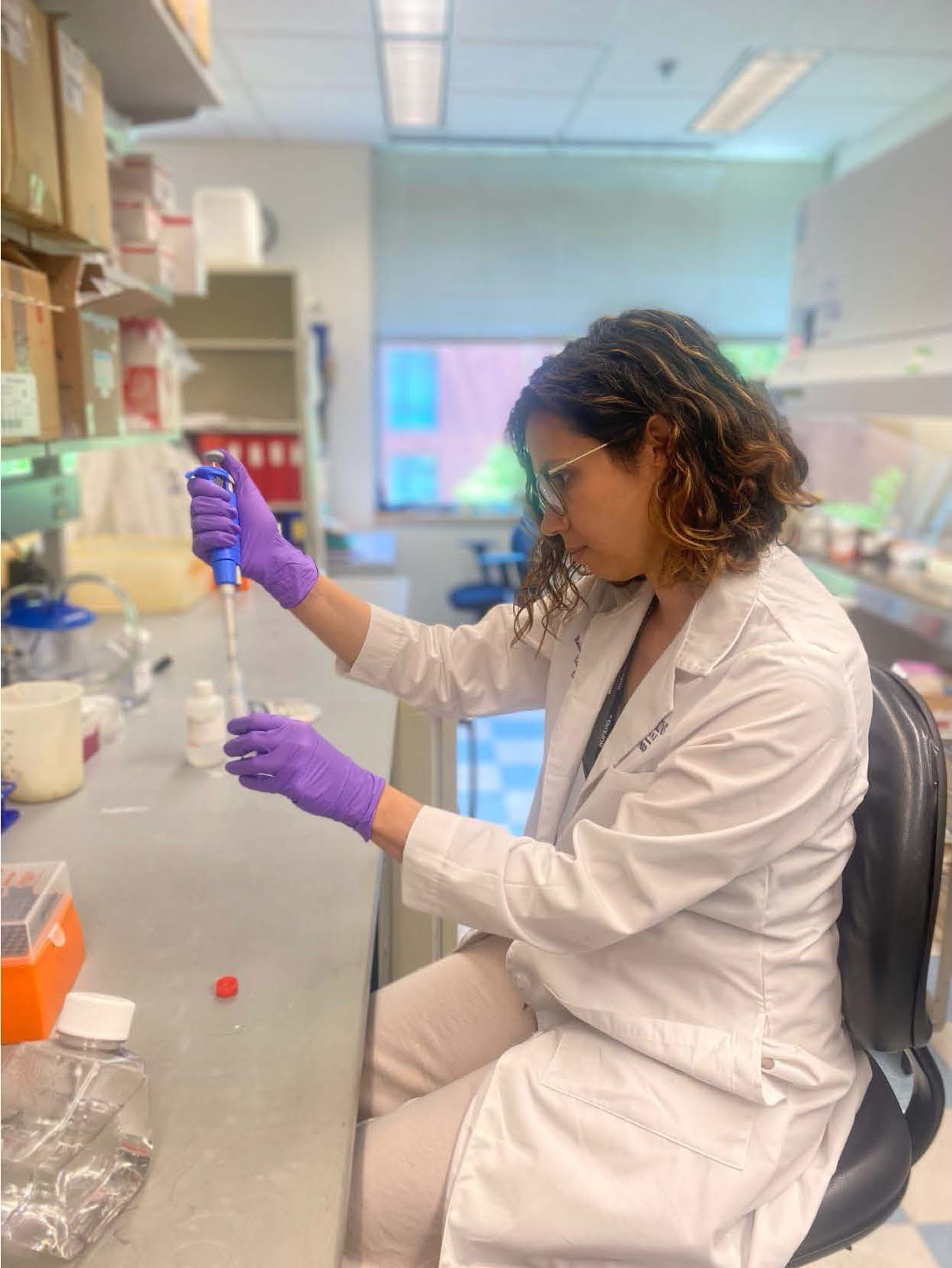
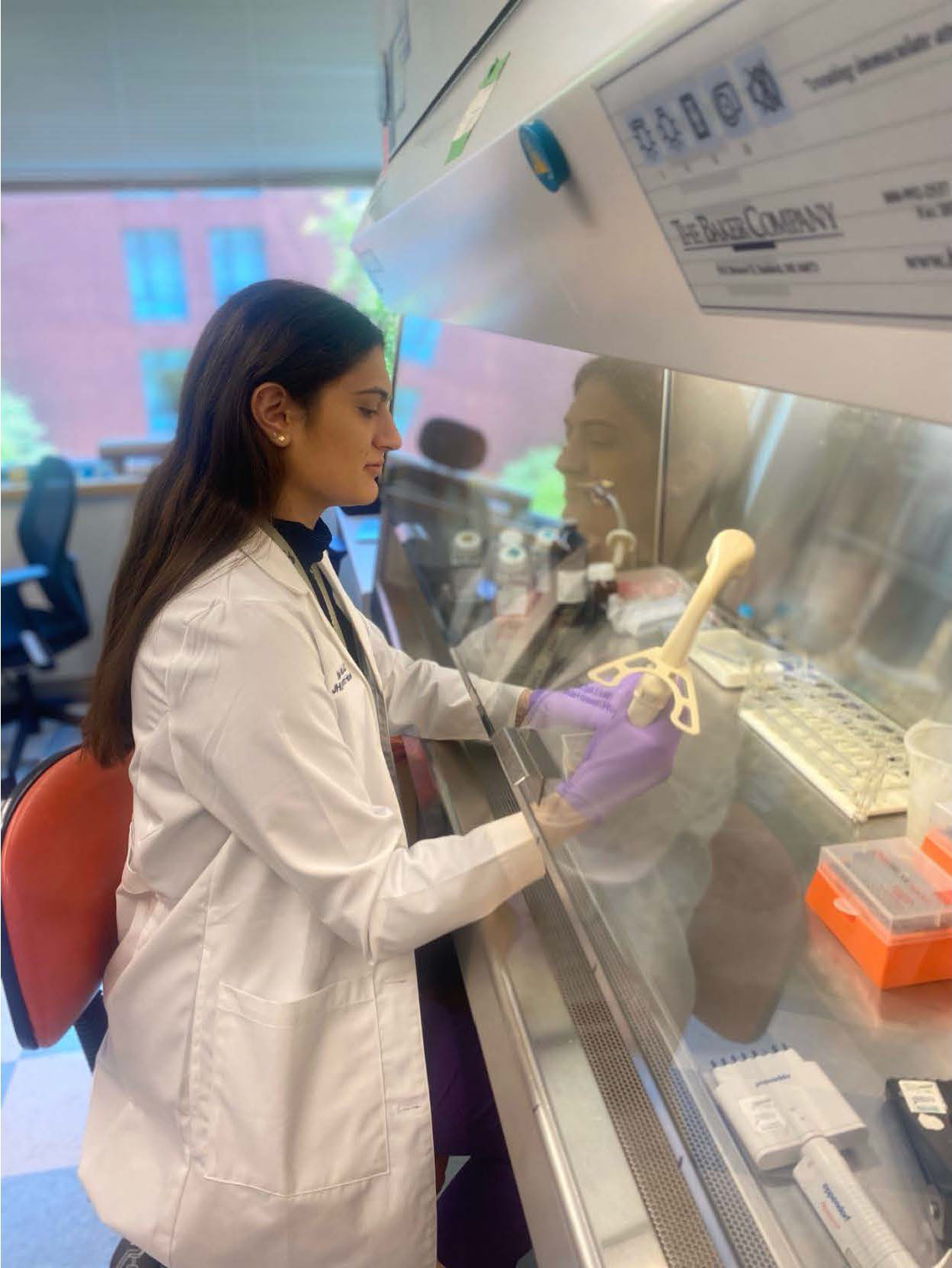
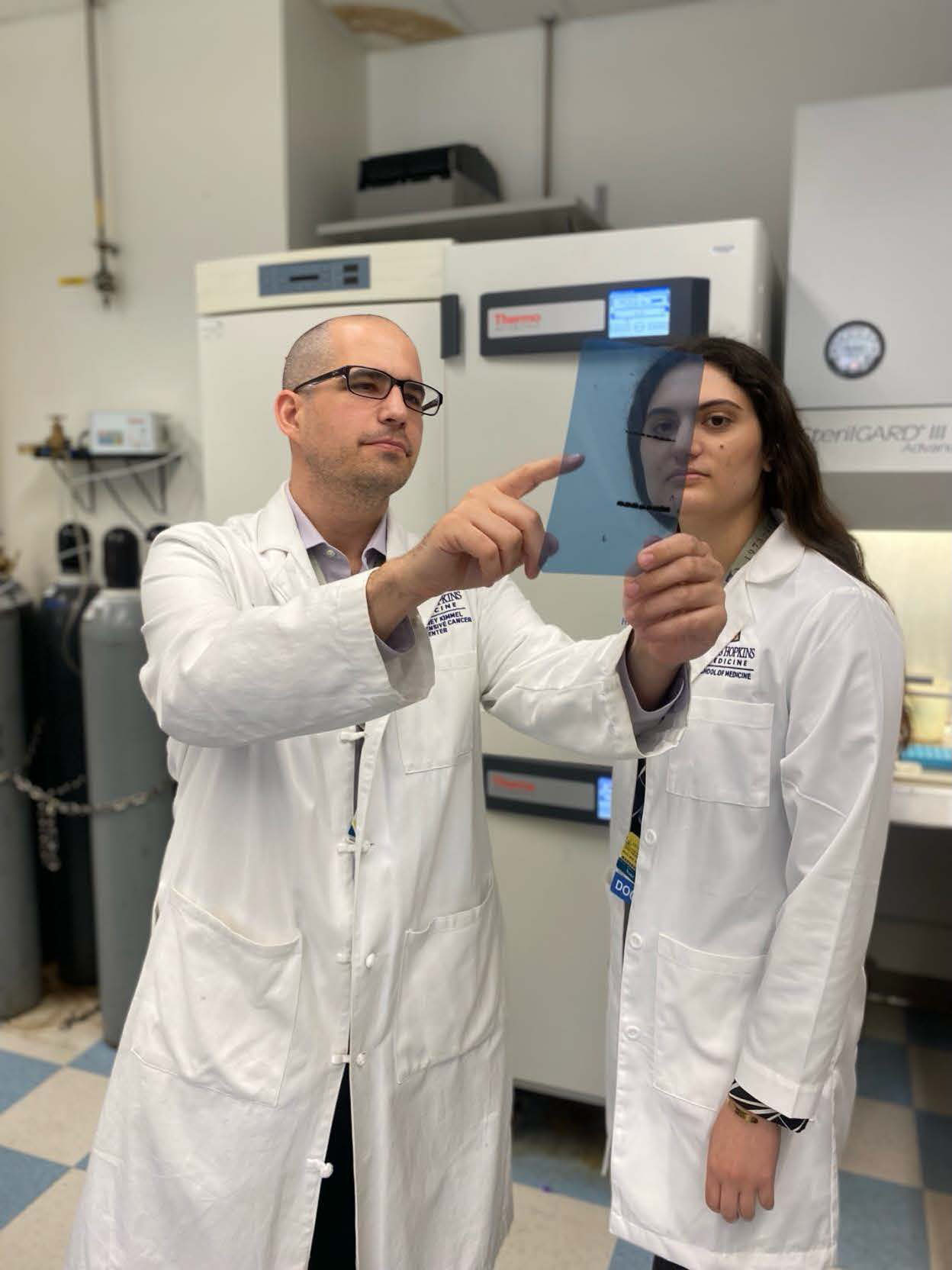
News & Updates
Nour Naji’s work is selected as one of the top-10 post-doctoral research fellows across Sidney Kimmel Cancer Center
Nour Naji’s work is selected
Hematologic Malignancies/Bone Marrow Transplantation Pilot Grant
Karantanos lab wins one of the two Hematologic Malignancies/Bone Marrow Transplantation pilot grants
Nour Naji’s poster recognized
Nour Naji’s poster is recognized as one of the top 10 abstracts in Hopkins Research Retreat!
Let's Work Together!
The Karantanos Lab is interested in collaborating. Drop us a line.


